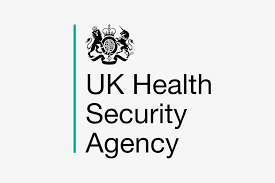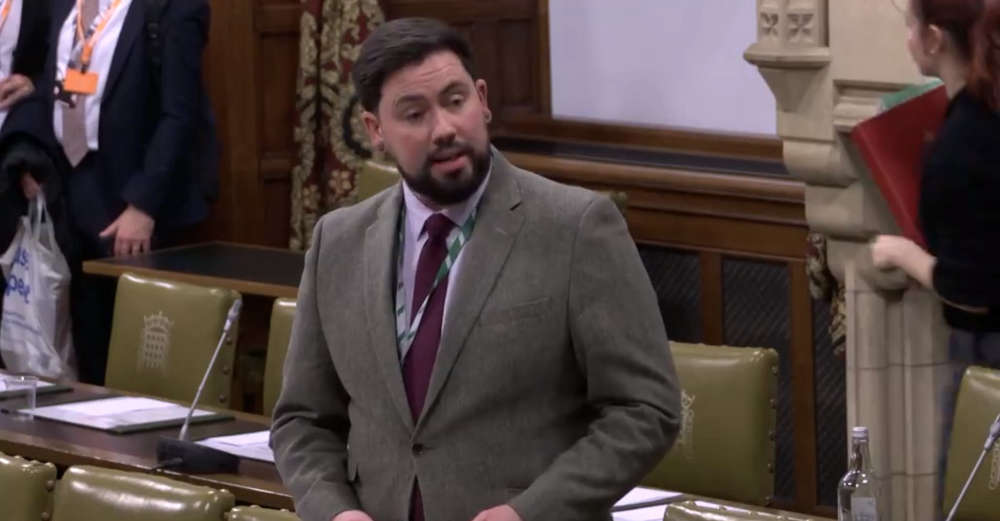
The UKHSA and NHS England are asking parents to check their child’s vaccine records and catch up on any missed vaccinations with their GP practice. The call comes as the new school term starts and new data shows that whilst most children are fully vaccinated by the time they start school, many are still left unvaccinated and vulnerable to catching serious illnesses.
The latest annual uptake data on childhood vaccines (April 2024-March 2025) published by the UK Health Security Agency, shows 18.6% of children, almost 1 in 5, have not received their pre-school booster jab – with 16.9% missing their booster in the East Midlands.
Dr Vanessa MacGregor, Consultant in Health Protection leading on vaccine preventable diseases for the East Midlands, said: “We know parents in the East Midlands want to do what’s best for their children, and that includes making sure they are immunised against childhood infections which can be unpleasant at best, and potentially life-changing and life-threatening at worst.
"While people generally have confidence in the childhood vaccinations offered by the NHS, it can be hard juggling busy lives, so finding time to book appointments can be difficult. This means that far too many children won’t be fully protected when starting school and will be at risk of serious infections including meningitis, polio, diphtheria, hepatitis B, along with whooping cough and measles – which have caused outbreaks in recent years.
“It’s easy to forget that vaccinations save thousands of lives and prevent tens of thousands of hospital admissions every year. That’s why it’s important that families make time to check their child’s red book, the NHS app or speak to their GP practice, to make sure everyone in the family is up to date with their routine vaccinations and arrange an appointment as soon as possible to catch up if necessary.
Making sure children are fully protected before starting primary school is essential to keep them safe and give them the best opportunity to thrive at school.”
The data reports on children who turned five between 1st April 2024 and 31st March 2025. In England over the last 10 years, the coverage or uptake rates for the pre-school booster peaked at 86.3% in 2015 to 2016. The latest data, at 81.4%, is nearly 5% lower than the peak. Outside of London, the average coverage for England was 85.0%, with only 83.1% coverage in the East Midlands.
The 4-in-1 pre-school booster helps protect against four serious illnesses - polio, whooping cough, tetanus and diphtheria. Given from 3 years 4 months of age, the vaccine boosts the protection provided by previous vaccines given to babies. It ensures children have the essential protection they need when starting primary school. Without this booster, children are not fully protected.
The data also shows that uptake measured for 3 doses of the 6-in-1 vaccine by 5 years of age in England increased by 0.2% to 92.8%, and up to 94.1% for the East Midlands. This increase is encouraging, and healthcare professionals are urging further progress towards reaching the peak of 95.6% over the last 10 years (2016 to 2017). A further 2.8% increase is needed to reach the peak level.
NHS England and regional ICB teams have continued the drive to encourage parents to vaccinate their children including hosting extra clinics, catch up opportunities in schools and localised outreach projects to target low uptake areas across the country. Early results from today’s released data indicates that the decline in the MMR1 vaccine has stabilised with 91.8% receiving their first dose by age 5 years.
Childhood vaccination coverage varies greatly geographically and continues to be lowest for all the uptake indicators in London.
In England, areas (upper tier local authorities) in the north consistently perform better than other areas. Pre-school booster rates for Cumbria (now 2 unitary authorities, Cumberland Council and Westmoreland and Furness Council) is at 94.3%, Country Durham and East Riding of Yorkshire - 93.7%, Barnsley - 92.8% and Northumberland - 92.3%; compared with the overall England coverage of 81.4%.
In the East Midlands region, uptake of 2 MMR vaccinations by 5-years old ranges from as low as 71.7% to 92.0% – still falling short of the 95% coverage advised by the World Health Organization to prevent the risk of the kind of outbreaks experienced during 2023 and 2024.
Latest data on Vaccine-preventable diseases is available on the UKHSA Dashboard.

 Giving Lottery Result for Saturday 30th August 2025
Giving Lottery Result for Saturday 30th August 2025
 Doctor suspended for sixth time
Doctor suspended for sixth time
 Erewash MP describes Reform's adult education closures as a "disgrace"
Erewash MP describes Reform's adult education closures as a "disgrace"
 Nottingham businesses can seize range of new support following thousands in government investment
Nottingham businesses can seize range of new support following thousands in government investment
 Campaigner says Derbyshire County Council’s closure of five Adult Education Centres is ‘devastating’
Campaigner says Derbyshire County Council’s closure of five Adult Education Centres is ‘devastating’




